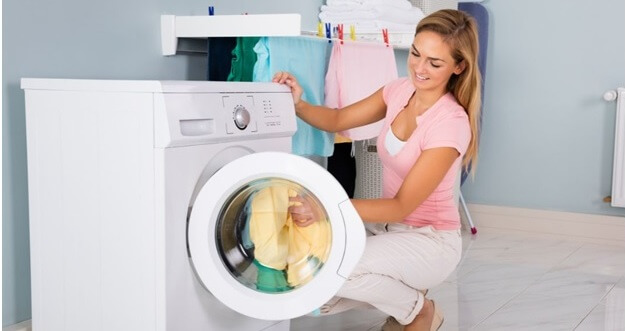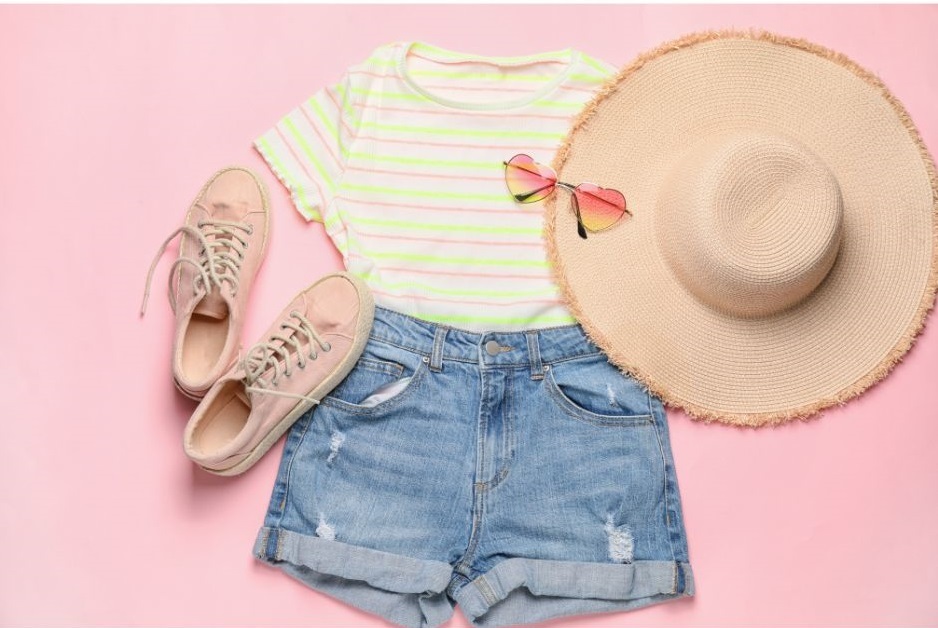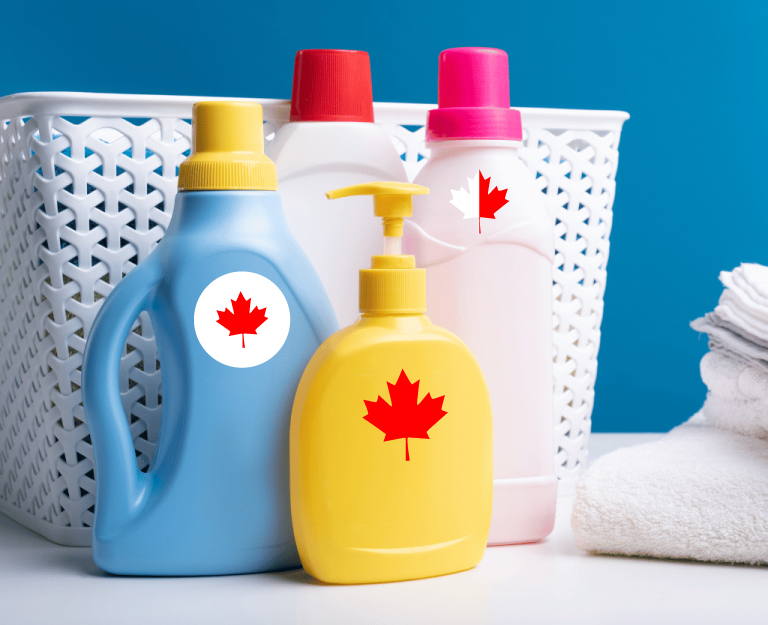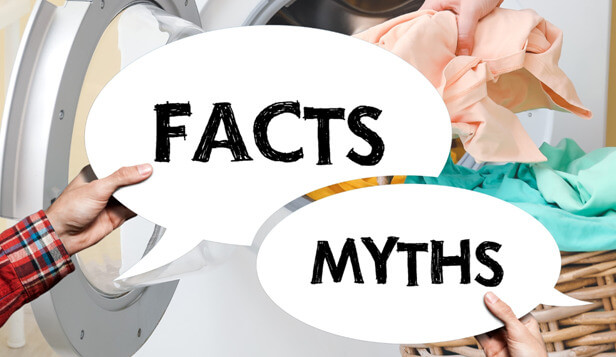
6 ways to make your laundry habits more eco-friendly
By WeDoLaundry •Your Guide to Eco-Friendly Laundry
Whether we like it or not, laundry is a part of our daily lives. Whether it’s washing our gym clothes, bed sheets, or dish towels - everything needs to be washed eventually.
Unfortunately, laundry comes with a hefty environmental price tag. Here are just some of the impacts of laundry on the environment:
- The amount of energy required for both the washer and dryer is high. Current statistics show that they are both within the top 5 energy-consuming home appliances.
- The chemicals found in detergents are often harmful to marine and aquatic life. These nasty toxins flow straight from your machine into rivers and oceans.
- Millions of microfibres shed from your clothes as you wash them and end up in the ocean. These small micro pieces end up in the food chain, which ultimately ends up inside us.
So, how do you make your laundry habits more eco-friendly?
Here are 6 changes you could consider making.
1. Wash Less Often
The simplest, and most obvious solution is to launder less often. While some garments such as underwear and socks need washing after each use, there are several items that don’t require such a vigorous wash schedule.
For example, jeans are a thicker fabric so can be used up to 10 times before washes. This will also help protect the jeans from fading or damaging due to overwashing.
2. Eco-friendly laundry detergent
Did you know that you can replace your ordinary detergent with vinegar? Add just half a cup along with some baking powder for some extra oompf, and you’ve got yourself a detergent that you needn’t worry about affecting the environment.
There are also several shop-bought eco-friendly laundry detergents available to purchase too, including Tru Earth, Seventh Generation, and Ethique Flash Laundry Bars.
3. Ditch Plastic Jugs
Most laundry detergents come in plastic containers. While recycling ensures some of these containers don’t make it to landfill, the making of the plastic in the first place comes with environmental impacts. We are still creating more and more waste that we will eventually need to deal with.
There are now several options now in many towns and cities where you can refill your laundry detergents in your own containers. This is your solution to having a zero-waste laundry detergent. Other options are to use laundry strips or use detergents with biodegradable packaging.
4. Wash with cold water
90% of the energy used by your washing machine is used to heat the water. This means that as well as helping the environment, washing with cold water is good for your wallet!
And, if you’re wondering, cold water washing is just as effective as hot water washing. Many detergents are created for cold water, and in fact, some stains such as blood can set in further when hot-washed.
5. Wash at Optimum Efficiency
Try to ensure you put the right amount of laundry in to wash to match your machine. This equates to being around ¾ full. Alternatively, some machines provide options for smaller loads or a quick wash (which is just as effective when cleaning clothes that are not soiled). If you have a front-load machine, these usually have a sensor to automatically detect how much laundry is being washed.
6. Consider a Microfibre Filter
With the claim of stopping up to 52 plastic bags per year from reaching the ocean, this microfibre filter is for those who really want to step up their eco-friendly game. It does require a small cost, but when you think of environmental savings, it makes for a worthy investment.
We Do Laundry’s Commitment to the Environment
We Do Laundry is committed to eco-friendly laundry. We only use laundromats that are equally as committed and will use those closest to your location to reduce our carbon footprint.
Schedule your pick-up today, and enjoy an easy, convenient, and trustworthy laundry solution.



